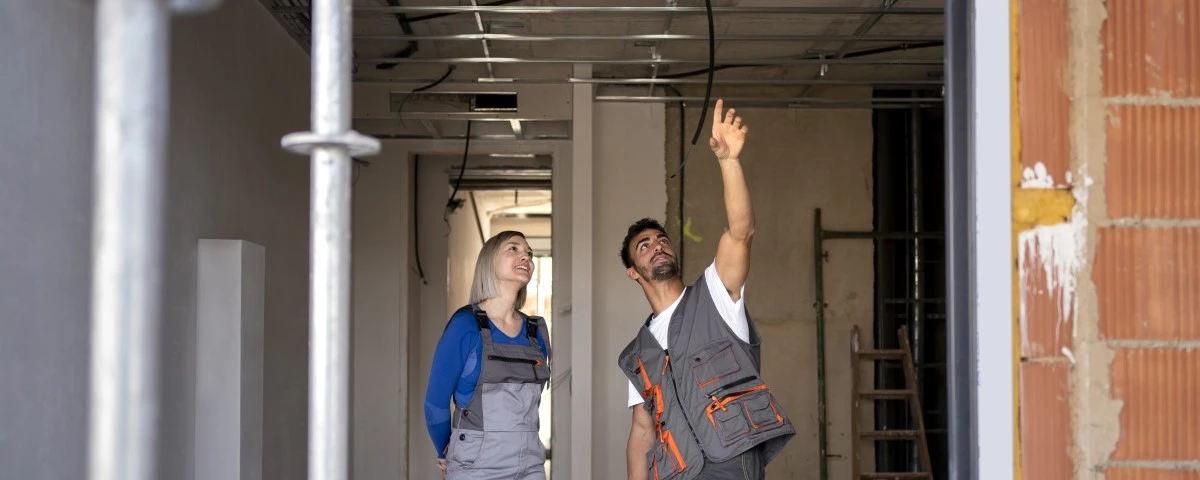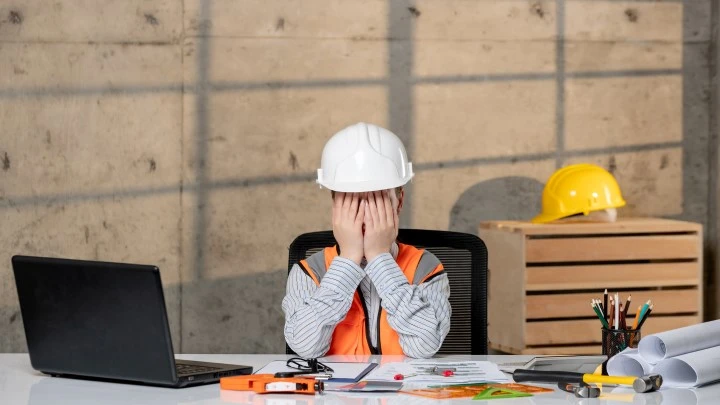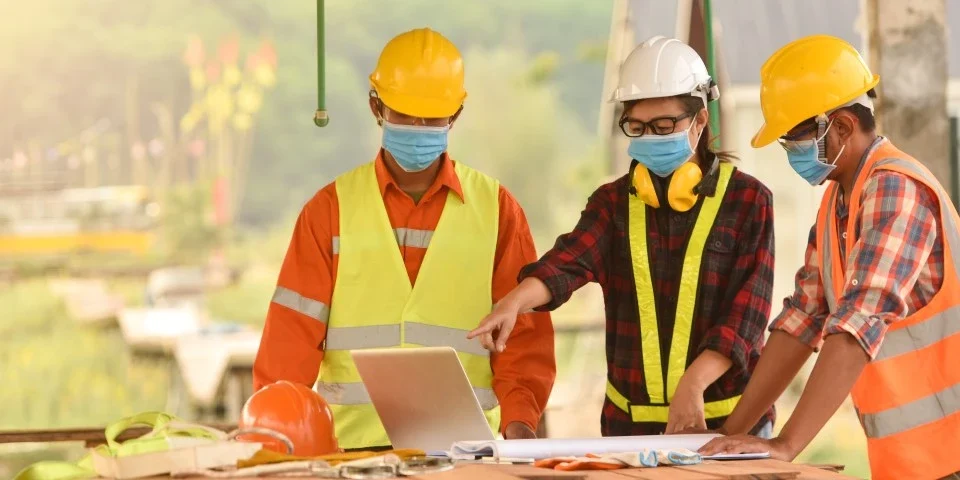If you’re a self-employed builder, you may be familiar with the Construction Industry Scheme (CIS). Our short guide is here to tell you what your responsibilities under the CIS will entail.
What is the Construction Industry Scheme?
The Construction Industry Scheme is a way of taxing contractors and subcontractors in the construction industry. HMRC created the initiative to minimise tax evasion and protect construction workers from false employment.
To learn more, take a look at our guide to the Construction Industry Scheme.
What are my responsibilities under the Construction Industry Scheme?
If you work under the Construction Industry Scheme, you must be aware of the following responsibilities:
- Working as a CIS contractor: As a CIS contractor, you must register under the scheme before you take on your first subcontractor, and you must register all employees with as CIS before you start work.
- Taking subcontractors on: If you take subcontractors on, it’s your responsibility to establish whether they’re employees on payroll (including PAYE and NIC deductions) or self-employed. Your subcontractors won’t be able to get paid until you have registered them with HMRC.
- Working as a CIS subcontractor: If you become a CIS subcontractor, you will need to send invoices to your contractor, who will deduct 20% for tax (rather than the 30% tax if you do not register).
- Self assessment: You will also need to submit an annual self assessment to HMRC declaring all earnings and expenses.
Help from Brian Alfred
The rules surrounding tax aren’t always easy to understand, so it’s important to have a helping hand. Here at Brian Alfred, we’re tax experts, so you can rest easy knowing we’ll always provide the best advice possible.
To find out how we can help, get in touch.










